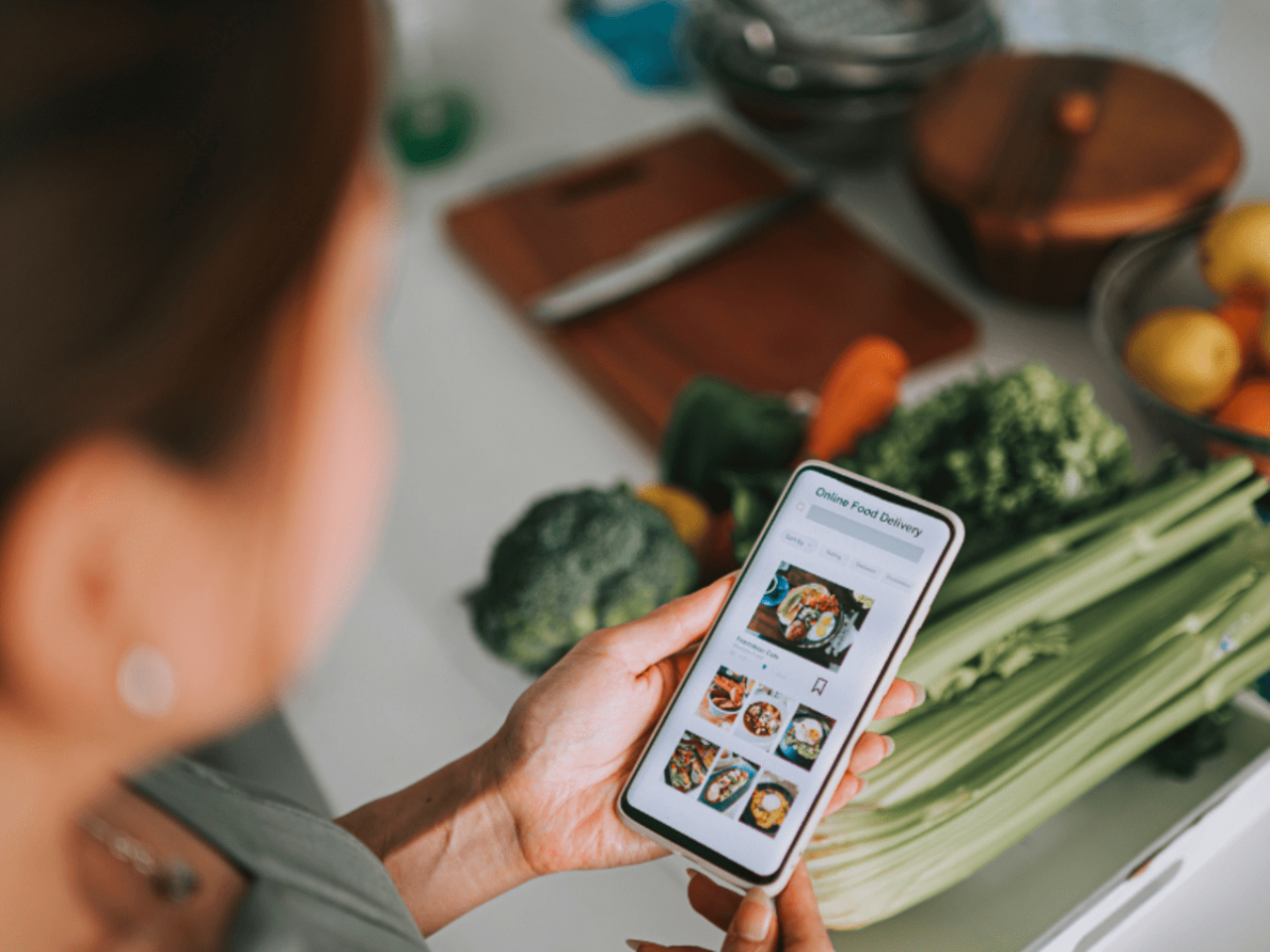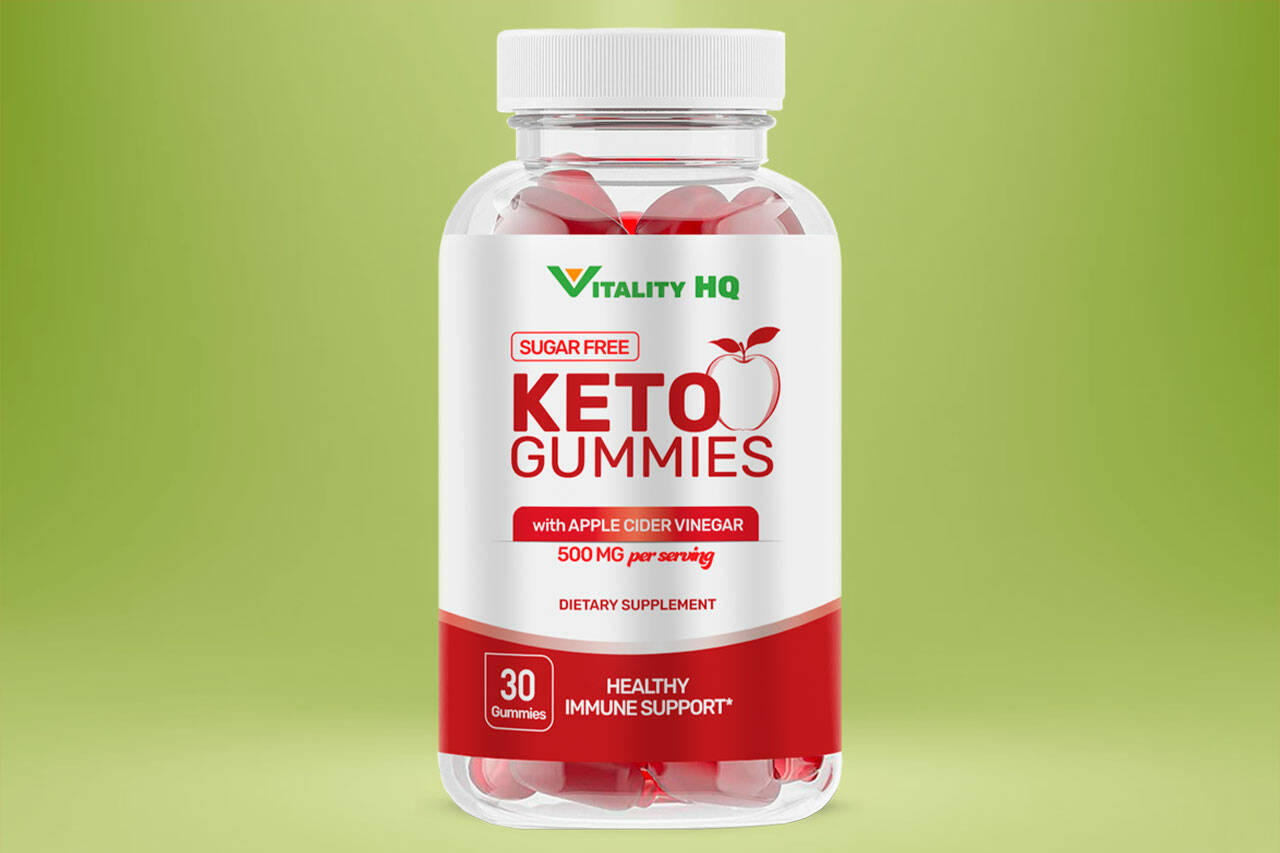Introduction
In today’s digital age, technology has revolutionized various aspects of our lives, including how we approach our health and well-being. Personalized nutrition, a concept that tailors dietary recommendations to an individual’s unique needs, has gained significant popularity. With the rise of nutrition apps, people now have access to convenient tools that claim to provide personalized nutrition plans. But can these apps truly deliver on their promises? In this article, we will explore the efficacy of personalized nutrition apps and examine their benefits, limitations, and factors to consider when choosing one.
Understanding Personalized Nutrition
Personalized nutrition takes into account an individual’s specific characteristics, such as age, sex, body composition, activity level, and health goals, to create customized dietary plans. This approach acknowledges that there is no one-size-fits-all diet and that personalized recommendations can optimize nutrition and overall well-being.
The Rise of Nutrition Apps
In recent years, the popularity of nutrition apps has soared. These mobile applications offer a range of features, from tracking food intake and physical activity to providing recipe suggestions and monitoring nutrient intake. Many of these apps also claim to offer personalized nutrition plans based on user input and data analysis.
Benefits of Personalized Nutrition Apps
Personalized nutrition apps come with several advantages. Firstly, they provide convenience and accessibility, allowing users to monitor their dietary habits on the go. These apps often offer comprehensive databases of food items and their nutritional profiles, making it easier for individuals to track their intake accurately. Moreover, personalized nutrition apps can educate users about their nutritional needs and help them make informed choices.
Limitations and Challenges
While personalized nutrition apps offer convenience, they also have limitations. One of the primary challenges is the accuracy and reliability of the data input by users. Inaccurate or incomplete information can lead to flawed recommendations. Additionally, these apps may not consider individual food preferences, cultural dietary habits, or medical conditions, which can significantly impact the effectiveness of personalized plans.
Factors to Consider when Choosing a Nutrition App
When selecting a personalized nutrition app, it is crucial to consider certain factors. The app should have a user-friendly interface, robust data analysis capabilities, and the ability to sync with other health and fitness devices. It is also essential to verify the credentials of the app developers and ensure that the app aligns with reputable dietary guidelines.
Popular Personalized Nutrition Apps
Several nutrition apps have gained popularity for their personalized features. Examples include App1, App2, and App3. These apps offer various functionalities, such as meal planning, nutrient tracking, and personalized recommendations based on individual goals and preferences.
How Personalized Nutrition Apps Work
Personalized nutrition apps employ algorithms and data analysis techniques to interpret user data and provide customized recommendations. These algorithms take into account various factors like age, weight, activity level, and dietary preferences to generate tailored meal plans and nutritional advice.
Features to Look for in a Nutrition App
When choosing a nutrition app, certain features are worth considering. Look for apps that offer comprehensive food databases, barcode scanning for easy tracking, goal-setting capabilities, and meal planning options. Integration with fitness trackers and the ability to sync with other health apps can also enhance the overall experience.
The Role of Artificial Intelligence
Artificial Intelligence (AI) plays a significant role in personalized nutrition apps. These apps utilize AI algorithms to analyze vast amounts of data and generate precise recommendations. AI algorithms can learn from user behavior patterns, dietary preferences, and nutritional goals to provide tailored suggestions for improving dietary habits. By continuously adapting and refining recommendations based on user feedback, these apps aim to optimize the effectiveness of personalized nutrition plans.
The Importance of Professional Guidance
While personalized nutrition apps offer valuable tools and insights, it is essential to highlight the importance of professional guidance. While these apps can provide general recommendations, they should not replace the expertise of registered dietitians or nutritionists. Consulting a healthcare professional ensures that individual health conditions, allergies, and specific dietary needs are properly addressed.
Success Stories and User Experiences
Many individuals have reported positive experiences with personalized nutrition apps. Users have praised the convenience and ease of tracking their food intake, receiving personalized recommendations, and achieving their health goals. Success stories often highlight the app’s ability to enhance self-awareness, improve dietary choices, and promote healthier lifestyles.
Potential Future Developments
As technology continues to advance, the future of personalized nutrition apps holds promising possibilities. Integration with wearable devices and health sensors may provide real-time data for more accurate personalized recommendations. Improved machine learning algorithms could further refine and customize meal plans based on individual responses and outcomes. Additionally, the integration of genetic information and microbiome analysis may enhance the precision of personalized nutrition plans.
Conclusion
Personalized nutrition apps have transformed the way individuals approach their dietary habits and overall well-being. With the convenience and accessibility they offer, these apps have the potential to empower individuals to make informed choices and optimize their nutrition. However, it is crucial to consider their limitations and seek professional guidance to ensure that personalized nutrition plans align with specific health needs. By combining the benefits of technology and expert advice, personalized nutrition apps can contribute to improved health outcomes and long-term wellness.





